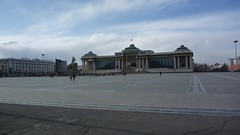 “I can offer you a job, you should stay longer; for many foreigners Mongolia is very interesting right now.”
“I can offer you a job, you should stay longer; for many foreigners Mongolia is very interesting right now.”
I tried hard to keep chewing my food, but in my head I was already calculating what life in UlaanBaatar would be like working for some government official. I quickly regained my focus, “Thank you, but I’m not seeking a job, I’ll return home tomorrow” I tell him, thanking him a few more times and trying to get back to the interview.
Bekhbat, grandson of P. Genden, the former Mongolian Prime Minister famous for having been the only man to slap Stalin, has a lot to tell me about Mongolia as we sit down for lunch at the Grand Khaan Irish pub. An extremely well spoken and modest gentleman, on his suit jacket lapel he wears a tiny pin that is familiar to me, rotary club. Among his many civil activities, he is an active member of the rotary club working hard to raise money for segments of the Mongolian population that fall through the cracks; the poor, the deaf, etc. It becomes clear that like his grandfather, Bekhbat is a man people know and trust. Even during the course of one lunch, there was rarely a 10 minute gap where someone (Mongolian or foreign) didn’t come up to him to shake his hand with a big smile.
“Mongolia will become a country the benefits from its extensive mineral wealth, like Venezuela or Russia, there will be a great influx of money and things here will improve.”
He goes on to talk about Copper, not only with Mongolia as a great source for Copper, but also that the nation would become a place where that Copper is processed as well. Uranium, with a great need in many nations for nuclear energy production, they will turn to Mongolia which has a great amount of it.
“My interest is public-private partnerships, to find the best way to improve Mongolia’s infrastructure.”
Indeed infrastructure is crying out for help in a nation where tap water is undrinkable and more than half the capital city, never mind the country, does not have running water or indoor plumbing. Where once you get outside the city limits of UlaanBaatar, you find roads almost non existent or un-drivable without the help of a very special 4 wheel drive vehicle. Say nothing of the nation’s primary energy source, coal, the exhaust from which creates a thick layer of pea-soup-like air that in the early winter morning if you open your mouth you almost choke on it.
~
Yes it was hard not to love Mongolia, where everyday I was there, with every passing hour, more adventures arose out of nowhere. Had I stayed another few days, there is no telling where I would ended up or who I would have found myself sitting with. Ready to come home? No, I was not.
Stay tuned for the podcasts…

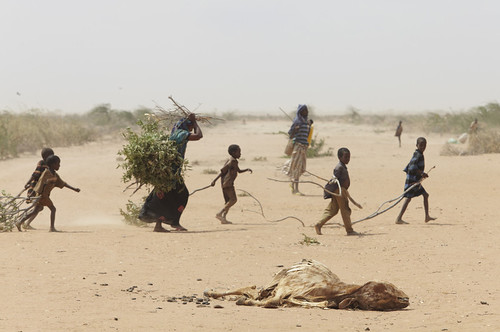
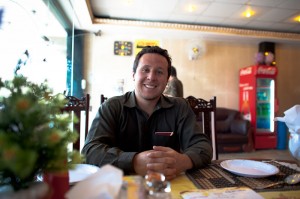
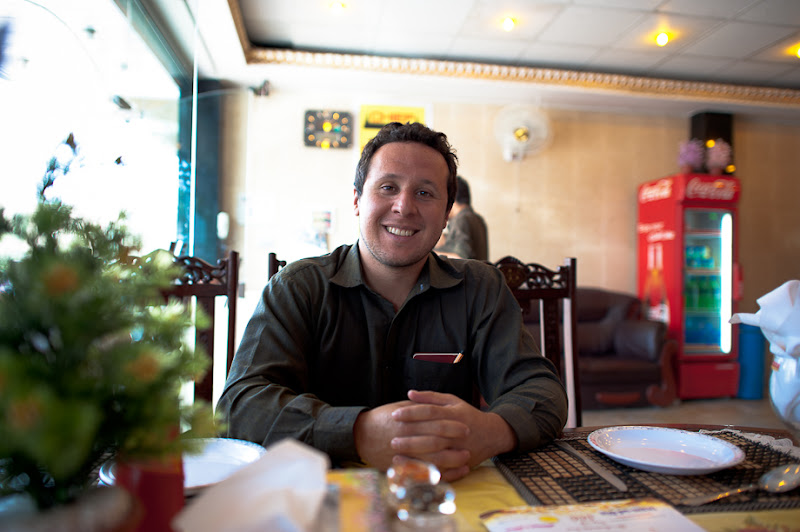
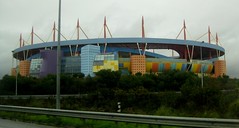

 “I can offer you a job, you should stay longer; for many foreigners Mongolia is very interesting right now.”
“I can offer you a job, you should stay longer; for many foreigners Mongolia is very interesting right now.”